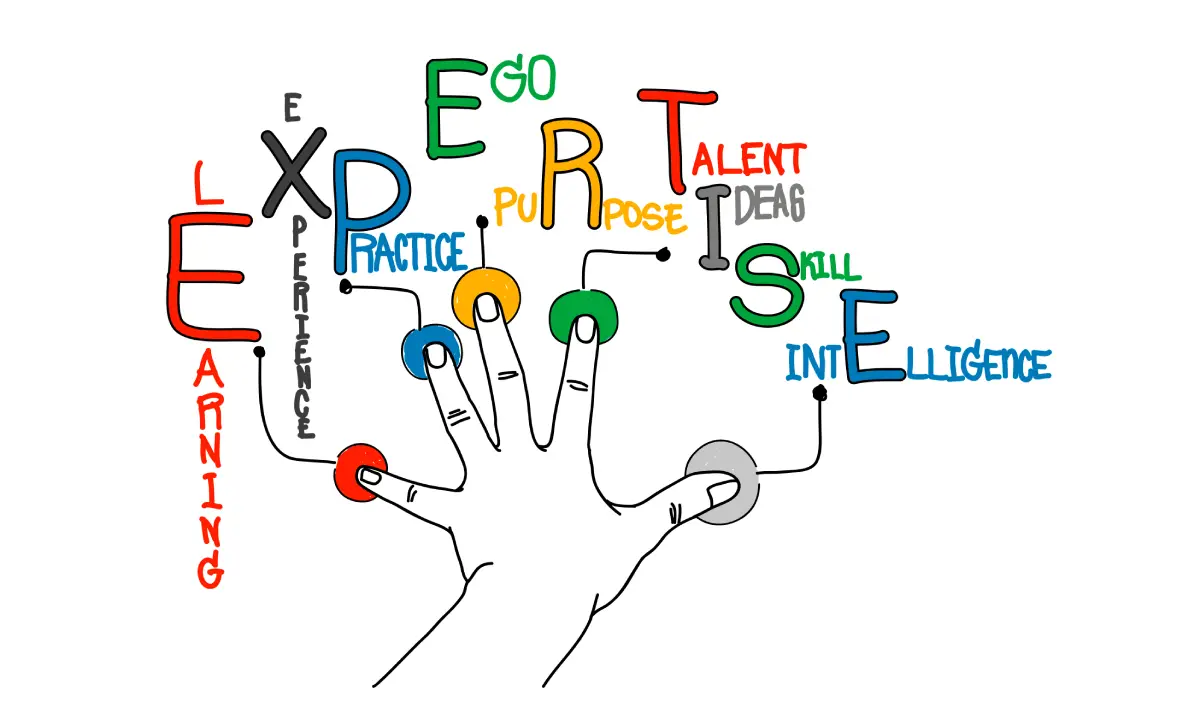In today’s fast-paced digital age, leveraging technology to streamline workflows and enhance productivity has become essential for businesses and professionals alike. One such technological advancement that has gained prominence is the use of AI assistants. These virtual helpers are designed to perform various tasks, automate processes, and provide valuable insights, ultimately leading to improved work efficiency. Let’s delve into how an AI assistant achieves this and its impact on modern workplaces.
Understanding AI Assistants
AI assistants or bots, also known as virtual assistants, or simply chatbots, are computer programs based on artificial intelligence algorithms. They are designed to mimic human conversations and may work on their own or only occasional assistance from people. Some of these assistants use NLP, Machine learning algorithms, and sometimes voice recognition to decipher questions and respond or perform a task.
Improving Task Automation
The way through which AI assistants prove to be beneficial in terms of work is by the utilization of tasks. Such mundane and regular activities which used to occupy lots of time can now be assigned to the AI assistants. For instance, meetings’ appointments, follow-up alerts, emails, and even report production can easily be automated. This saves lots of time that can be utilised in other important areas in thinking and innovations of the employees.
Enhancing Decision Making with Data Insights
AI assistants are ideal when it comes to working with large sets of data and analyzing them at a very fast rate. Due to their ability to work with figures and discover trends, they are capable of offering relevant information which could be utilised in decision making. For example, in marketing, where AI has become a confusing buzzword over the last few years, these assistants can interpret the data involving customer behavior for individualized solutions. In finance, they can help in the determination of trends or potentially fraudulent activities regarding financial transaction. These help business entities make right decisions promptly, a move that enhances organizational effectiveness.
Facilitating Seamless Communication
The implementation of communication is crucial in any organization for its success. One of the most vital responsibilities of AI assistants is to ensure proper and efficient interaction between the members of a particular team and between the members of a team and other people, including clients and customers. These skills can include; they can work as an answering service to handle and respond to various queries, give out information as well as transfer the callers to the correct section. In addition, AI chatbots on the web can interact with the visitor, provide answers to questions and even starting selling, which improves clients’ experience.
Personalizing User Experiences
One more useful aspect of many AI assistants apart from time-saving is that such assistants are capable of tailor-making experiences to the users. In this way, on the basis of previous interactions and user behaviour, they can choose the content and offers. For example, in e-commerce, they can recommend products depending on the history of a customer’s site visits and purchases. In content delivery they may filter, for instance, news updates or learning materials for subject to preference. Such personalization not only enhances the reception of the content by the target users but also helps to increase the level of conversion.

Boosting Productivity and Collaboration
AI assistants encourage people within a team to work together as they serve as a go-to source for all information and data. They can keep shared calendar, synchronize project schedule and modify the status of tasks in real-time manner. To that end, this transparency raises accountability levels and interdependence in teams, all of which results in efficient work flow and timely work delivery. Also, AI workers can work well with different applications used within various businesses to enhance the flow of data and minimize cases where the user needs to transfer data between different applications.
Addressing Security and Compliance
Data protection and adherence to the rules are the primary significant issues in the modern world of the web and business. AI helpers can also ensure data security through the use of encryption measures when it comes to accessibility and identification of security threats. More so, they can be of help in prevention of acting against certain regulations and requirements of the industry in question and consequently go against the law.
Evolving Role in Remote Work Environments
Due to the COVID-19 pandemic, the remote working culture has also strengthened the need for AI assistants. Such tools make it possible for groups to work from different places while accomplishing their intended goals. APPs can range from video conferencing, collaborative editing of docs and other forms of communication and even project management. They facilitate communication and cooperation as well as prevent the detachment of the teams that are working remotely.
Future Outlook and Continuous Improvement
This scenario also points to the idea that the development of technology will also lead to the advancement of AI assistants. Future improvements in AI like better natural language processing; better prognostic capabilities; and compatibility with IoT devices will take the workplace effectiveness to another level. When such technologies are adopted early by the businesses, they can reap big in terms of productivity, efficiency, & effective utilization of all resources available & creativity.
Conclusion
In conclusion, AI assistants represent a transformative tool for improving work efficiency across various industries. By automating tasks, providing valuable insights, facilitating communication, and enhancing personalization, these virtual helpers empower organizations to operate more effectively and adapt to rapidly changing market dynamics. As businesses navigate the complexities of the digital age, integrating AI assistants into their workflows offers a pathway to greater efficiency, productivity, and success.
Thus, the learning journey towards building relationships with AI assistants is a process that is as much about the integration of new tools as the adoption of a culture that focuses on regularly seeking ways to advance organizational performance.






